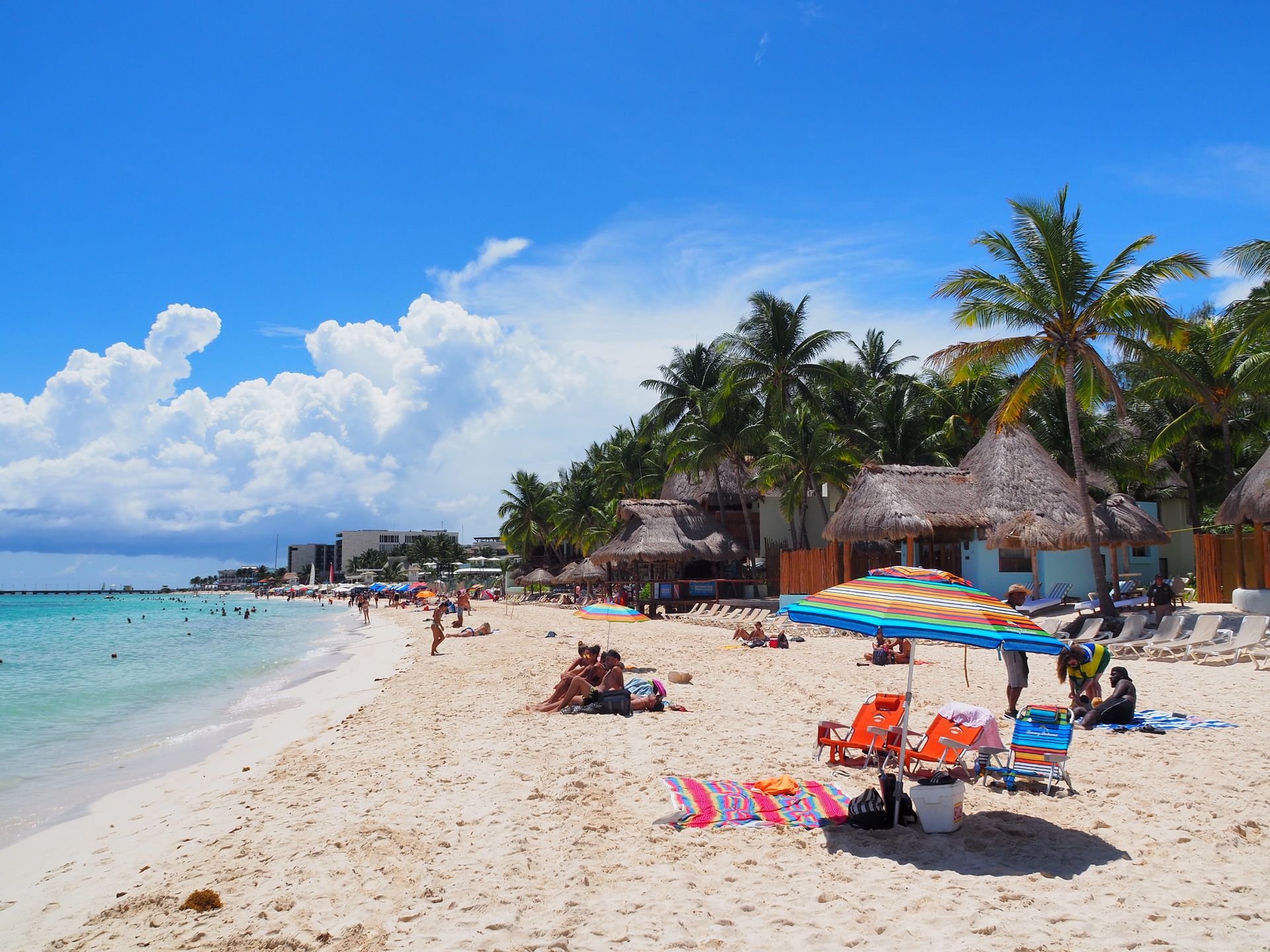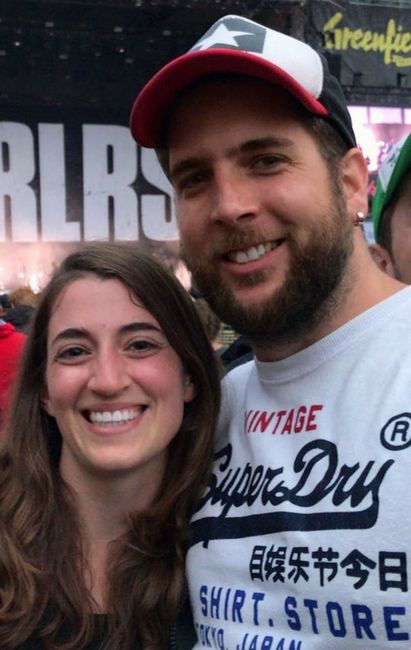
Auszeit - Reise Richtung Osten
vakantio.de/auszeit-reise-richtung-osten
Kuching Sarawak
Wotae: 04.07.2019
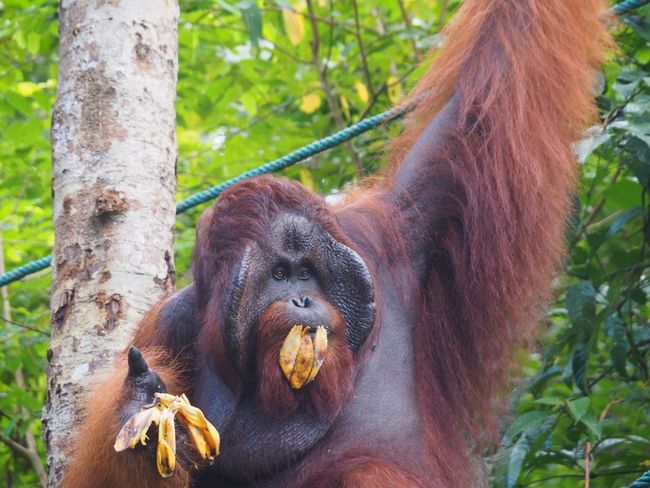
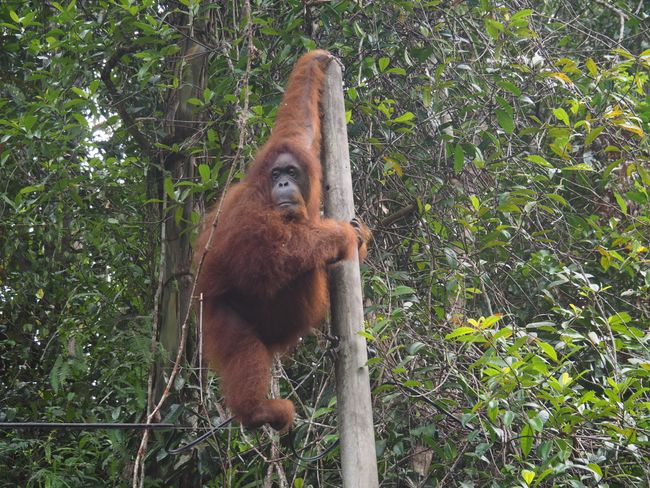
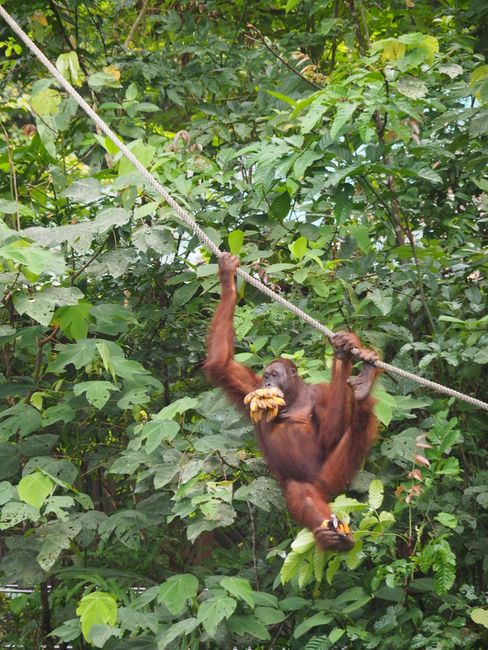
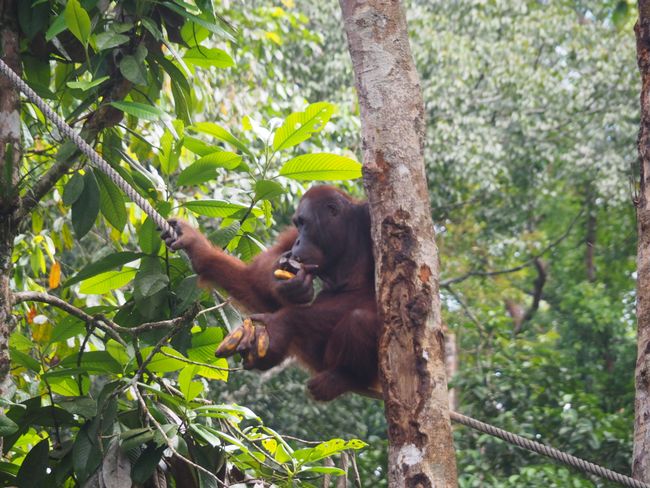
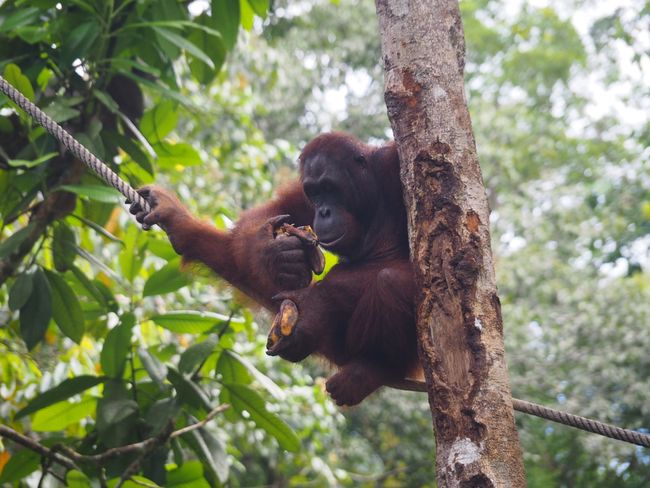
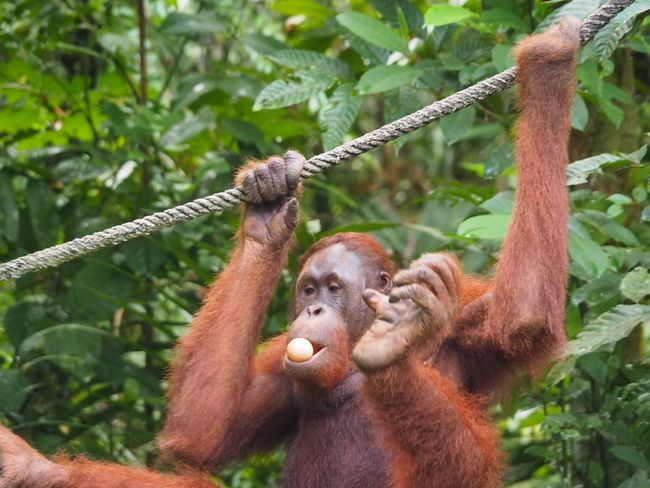
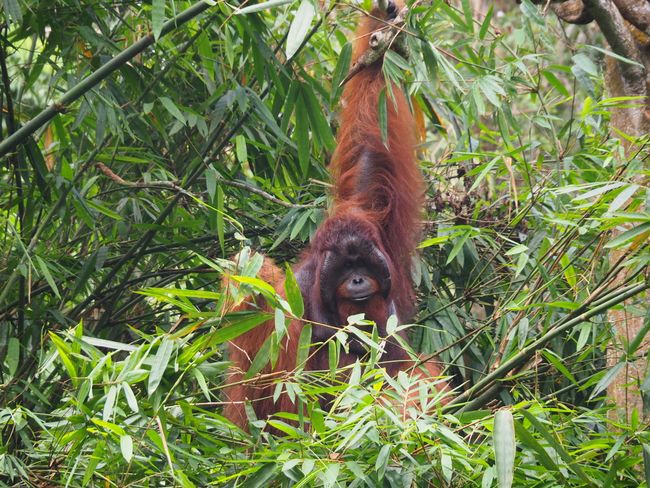
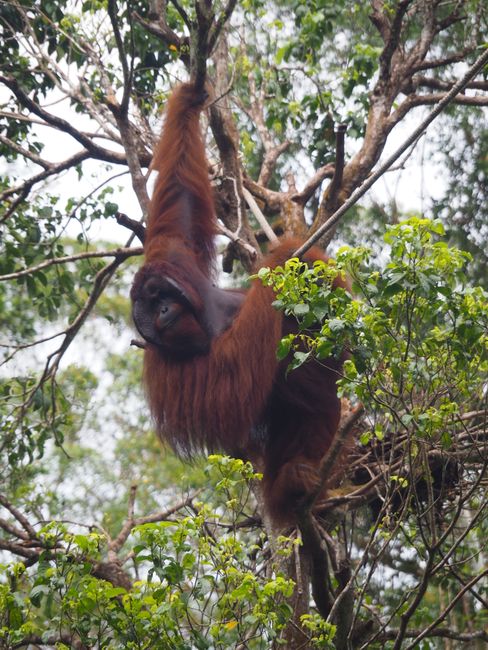
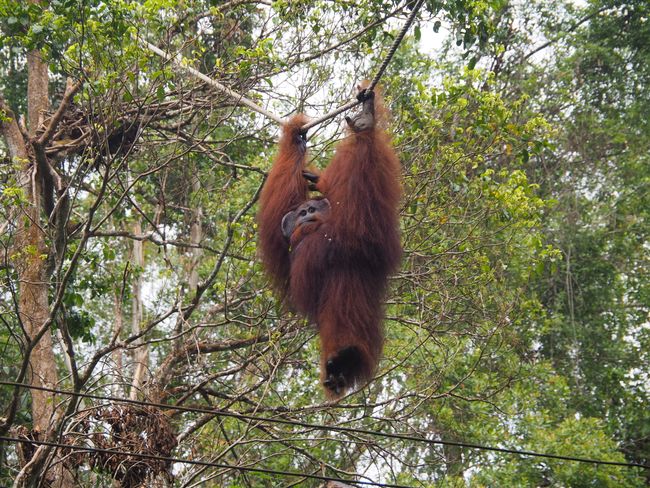
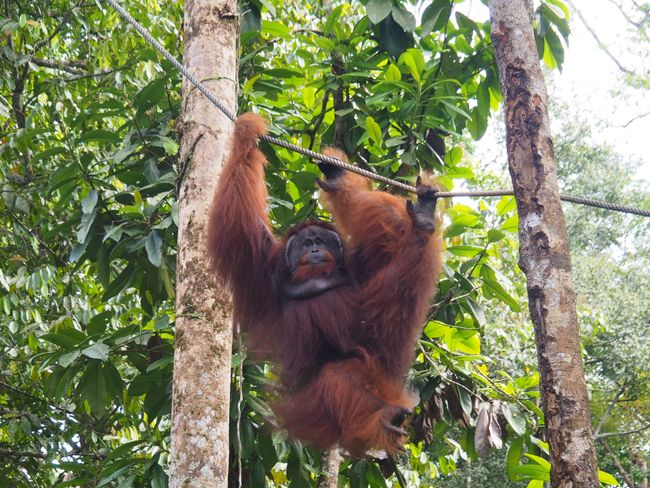
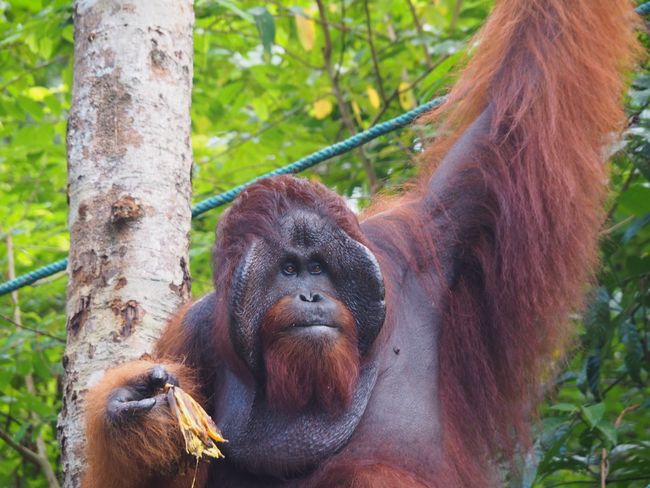
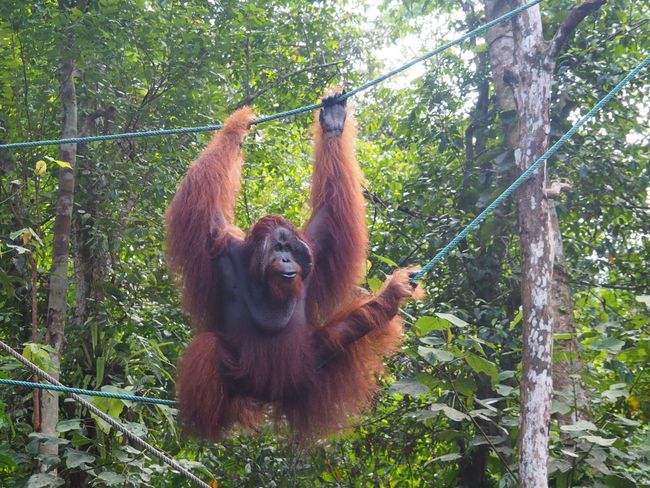
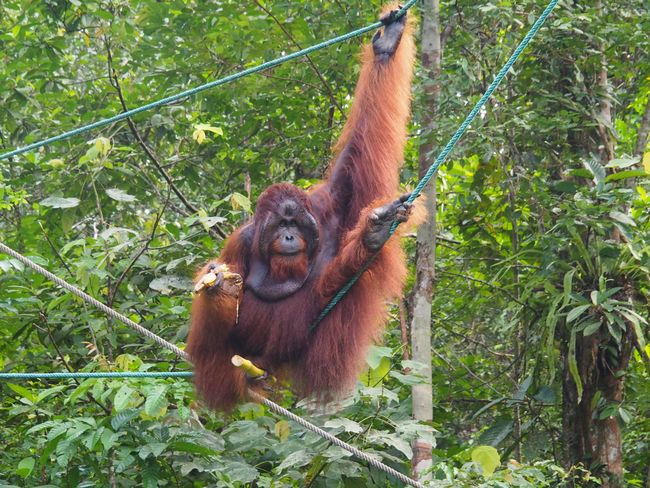
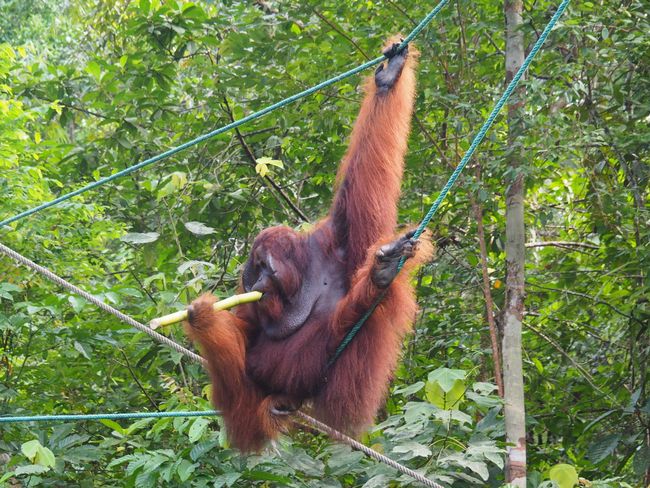
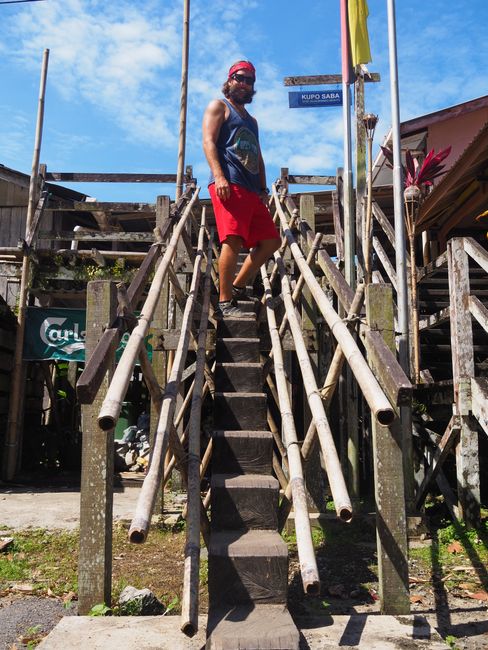
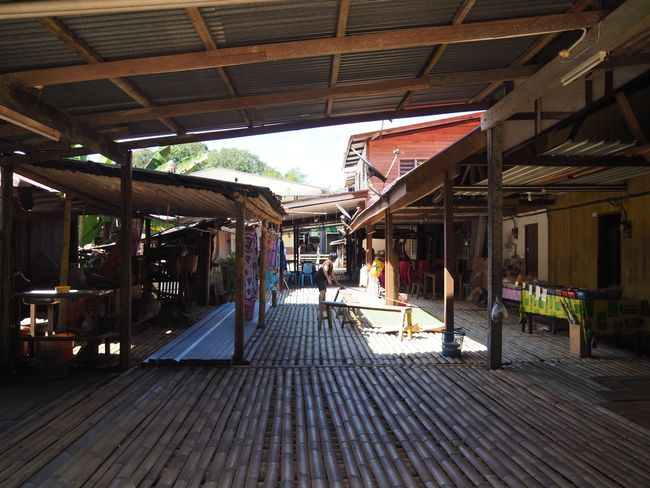
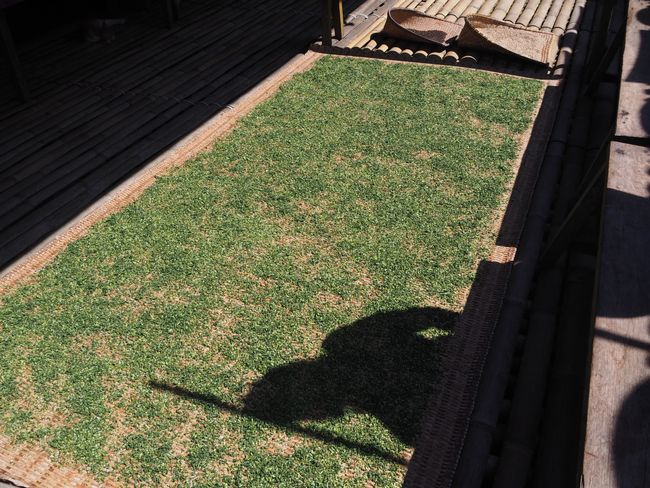
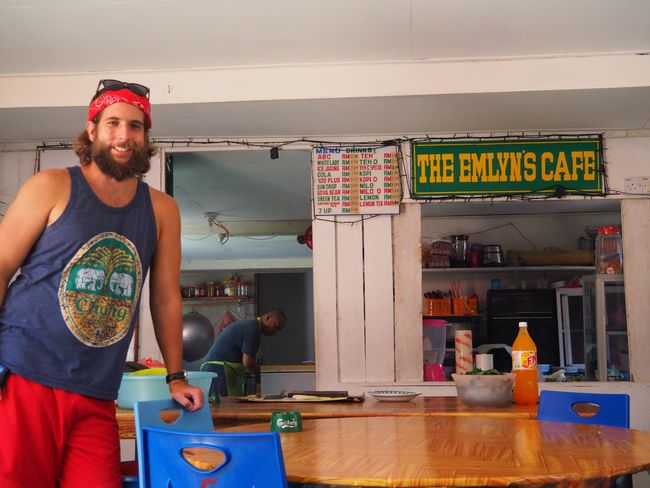
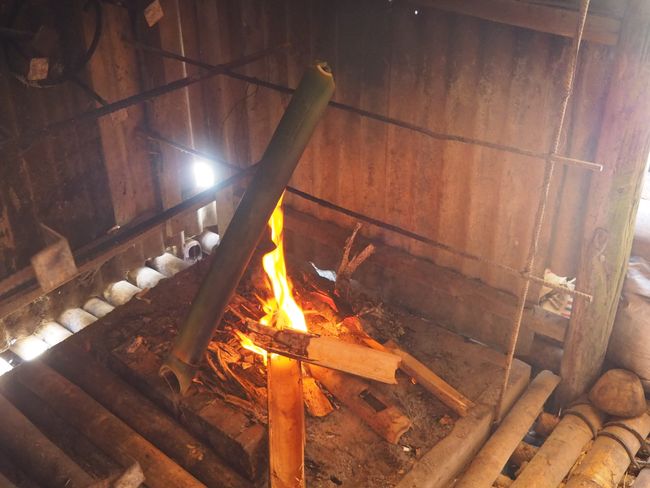
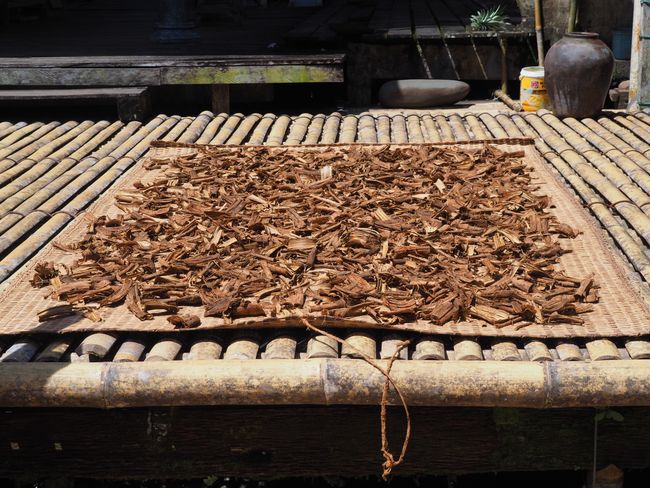
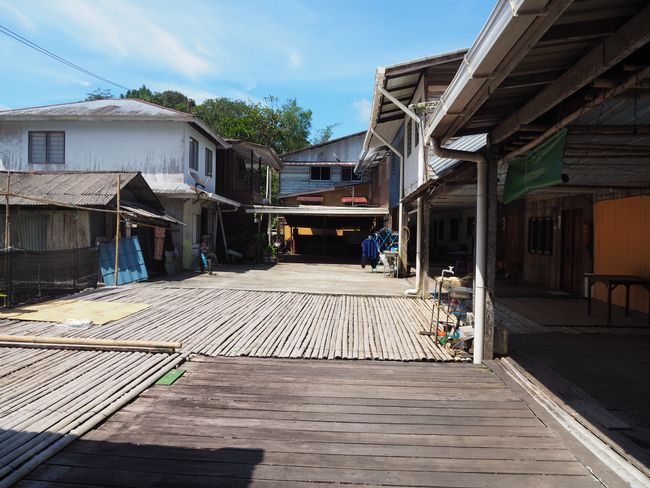
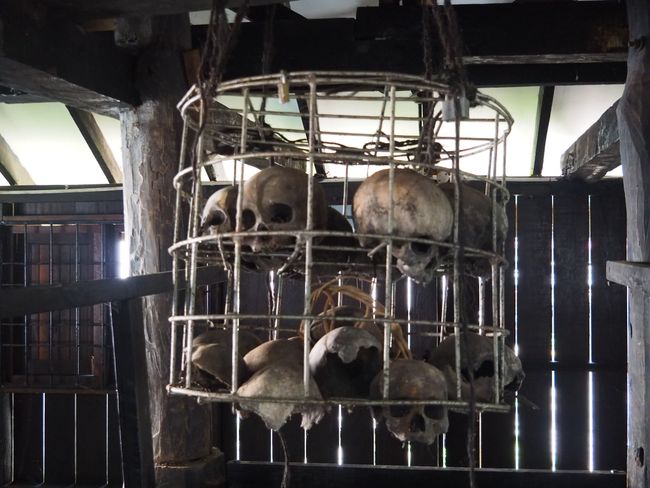
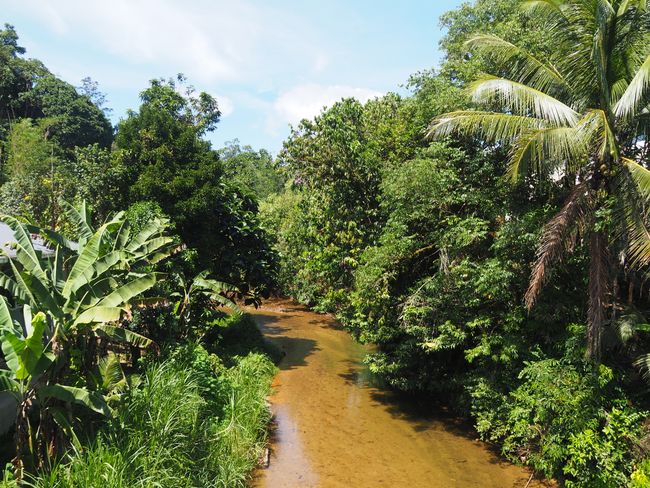
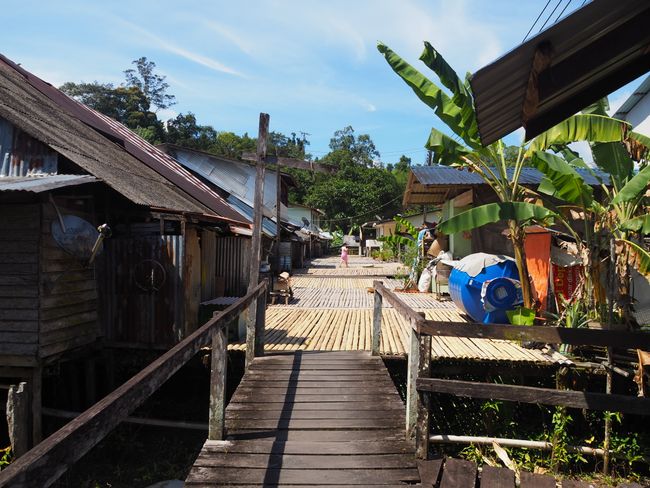
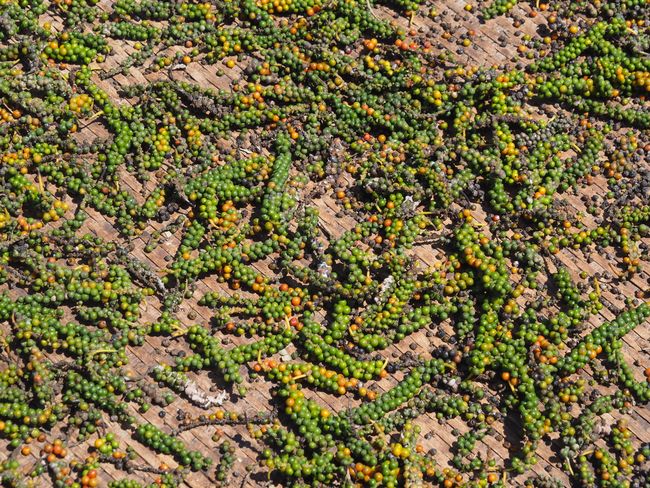
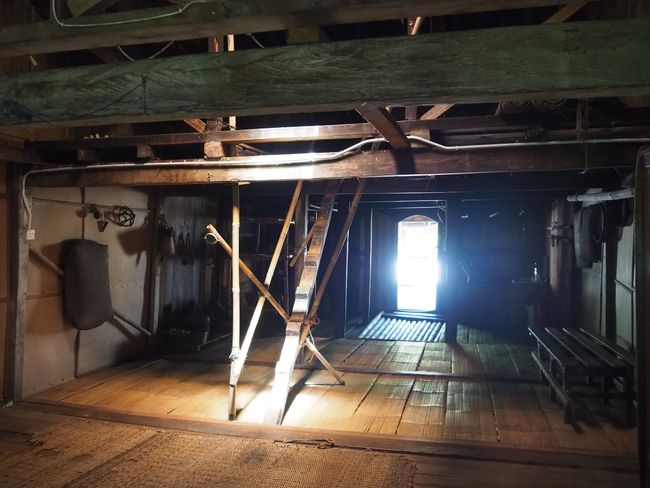
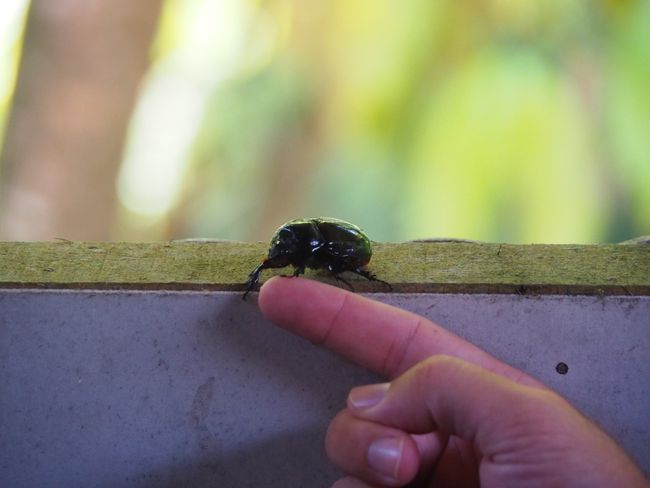
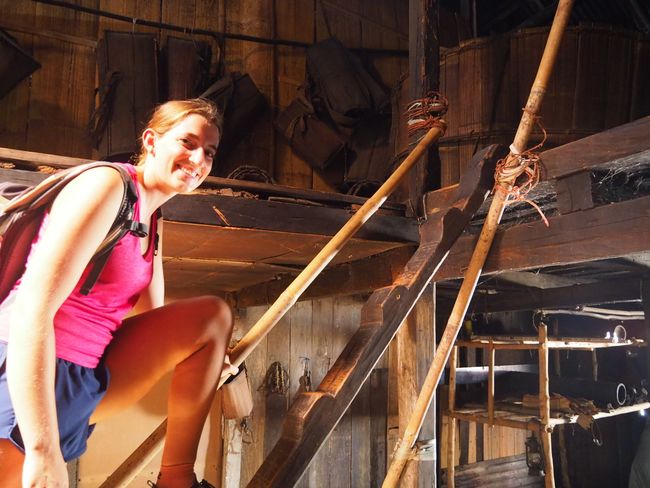
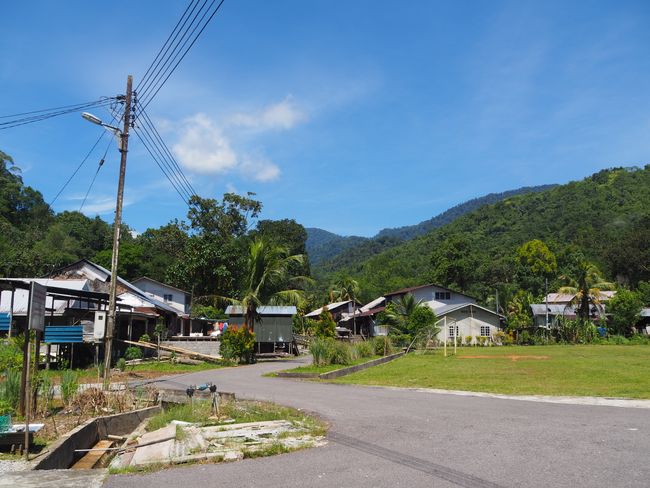
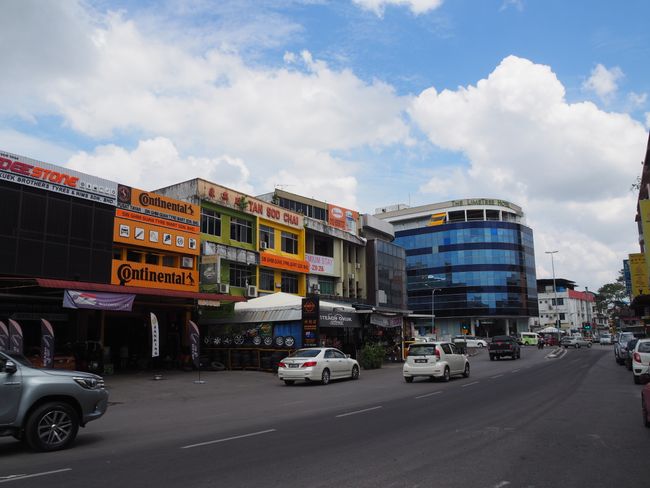
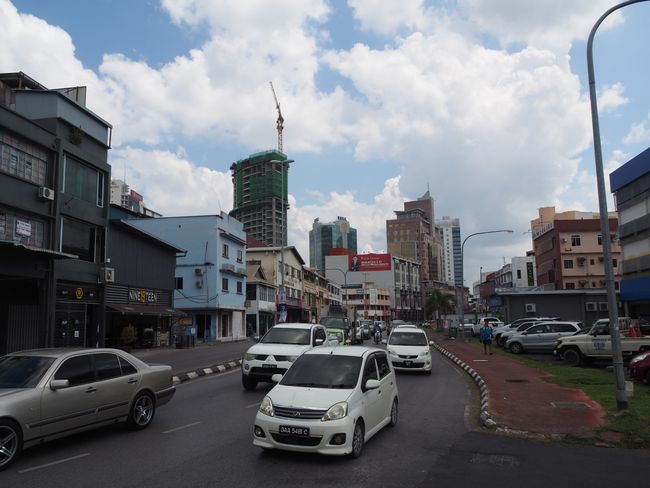
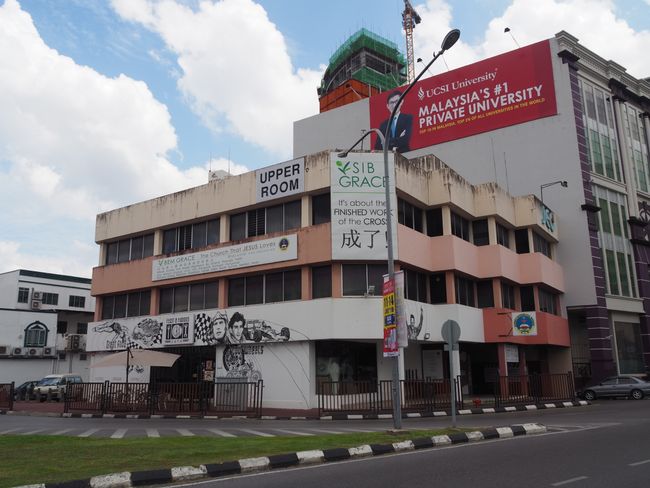
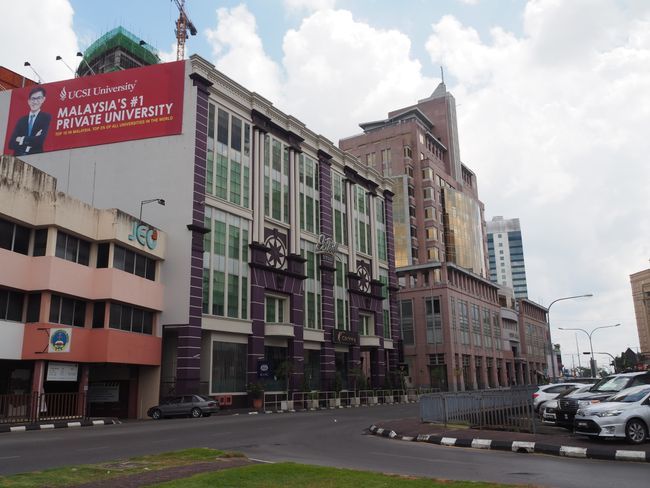
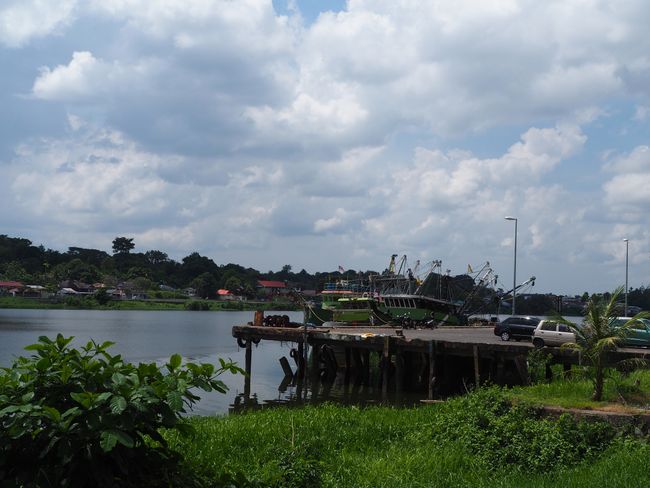
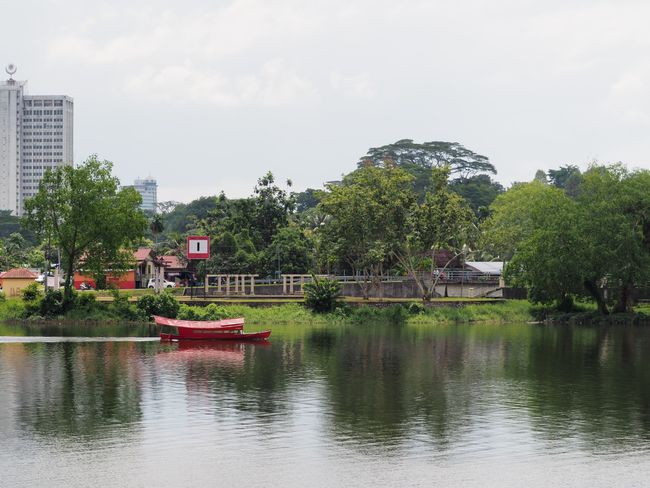
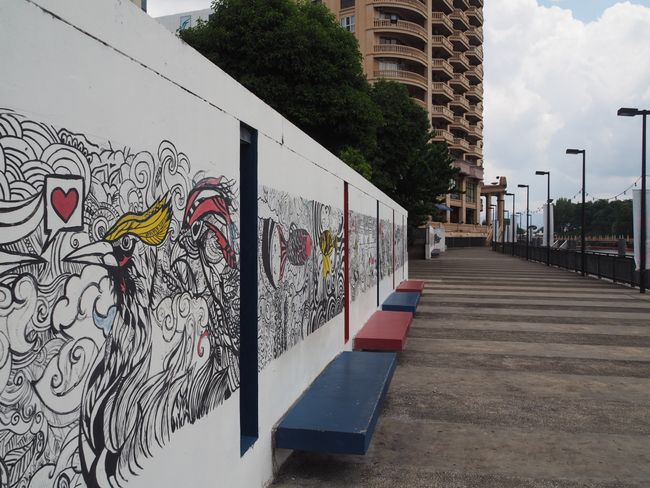
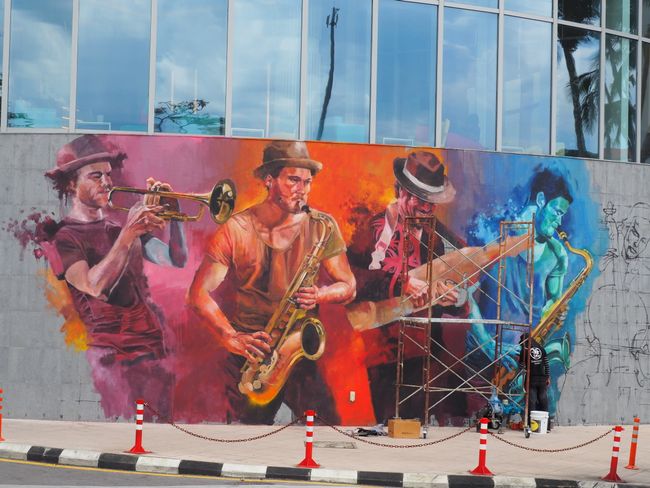
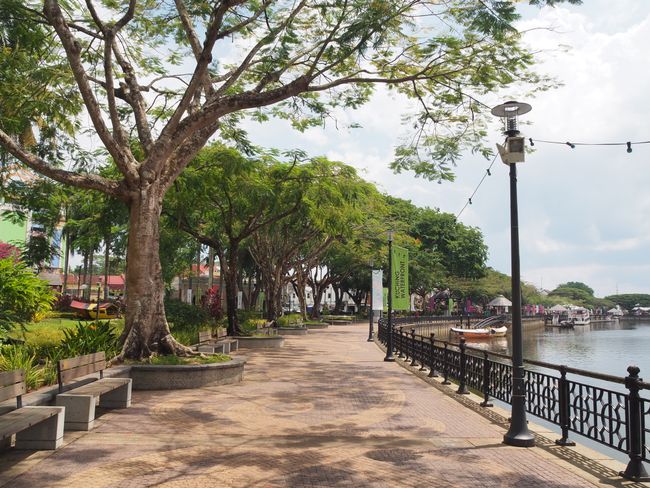
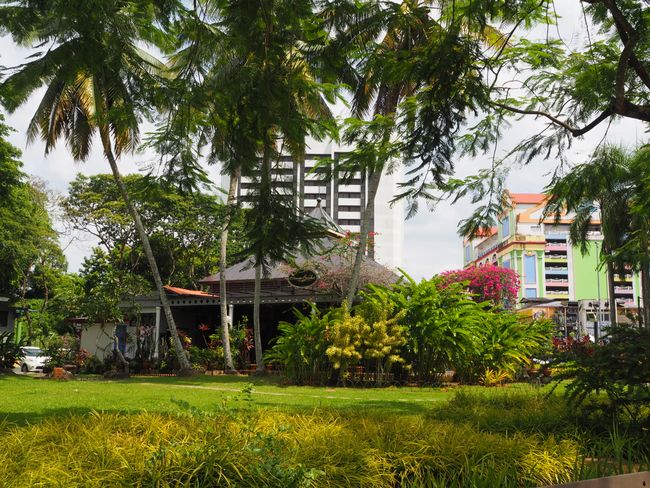
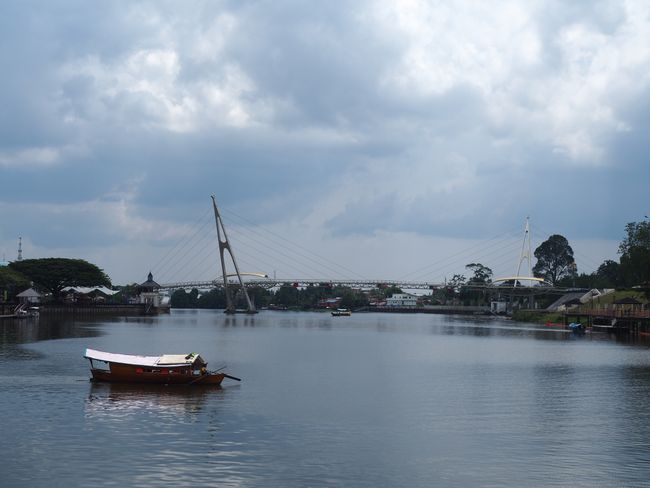
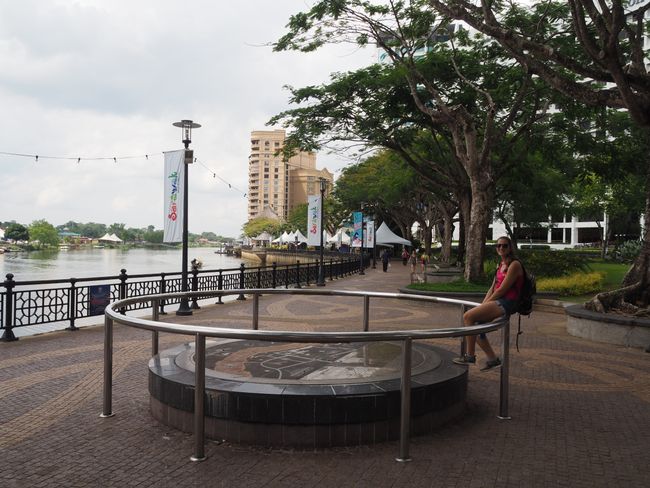
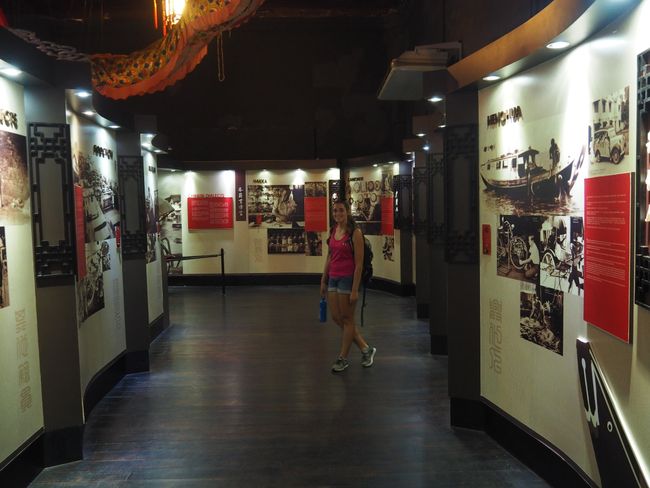
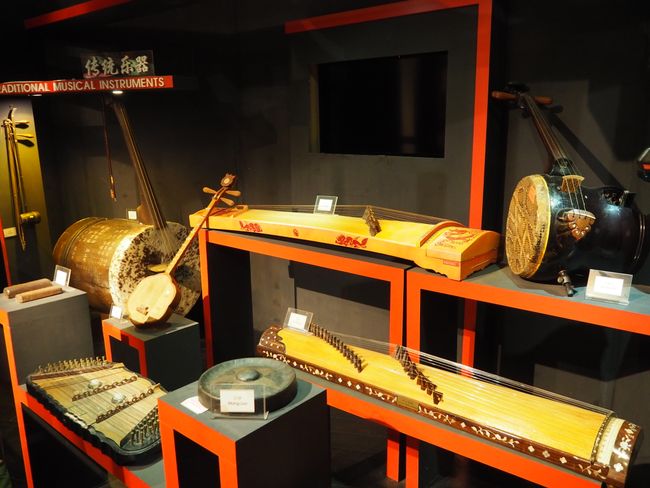
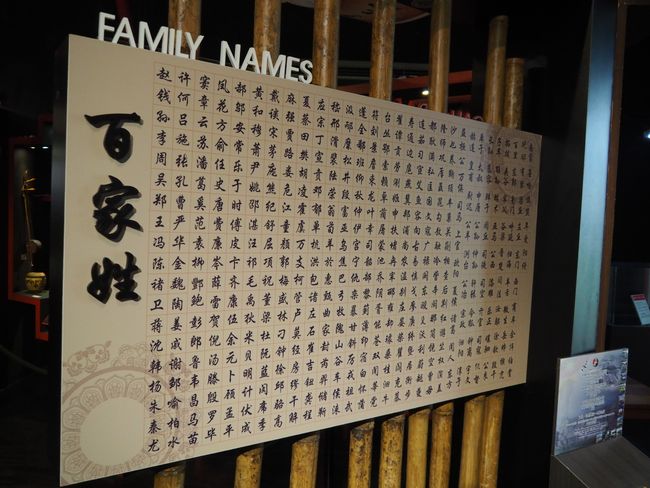
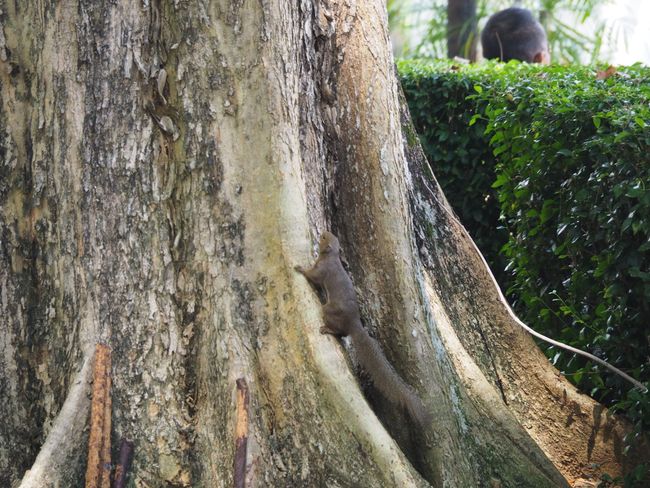
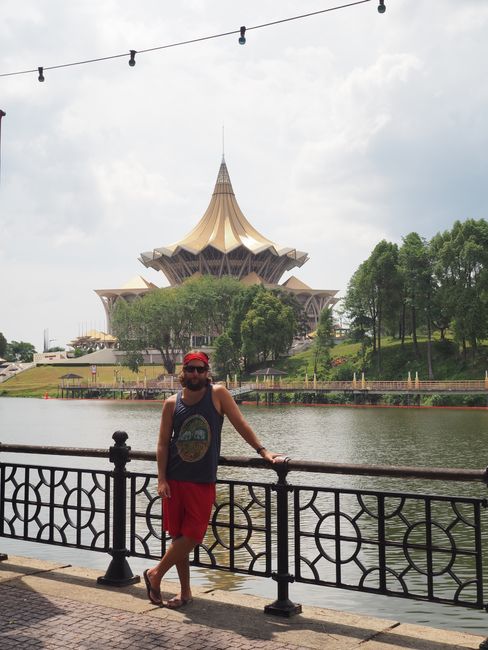
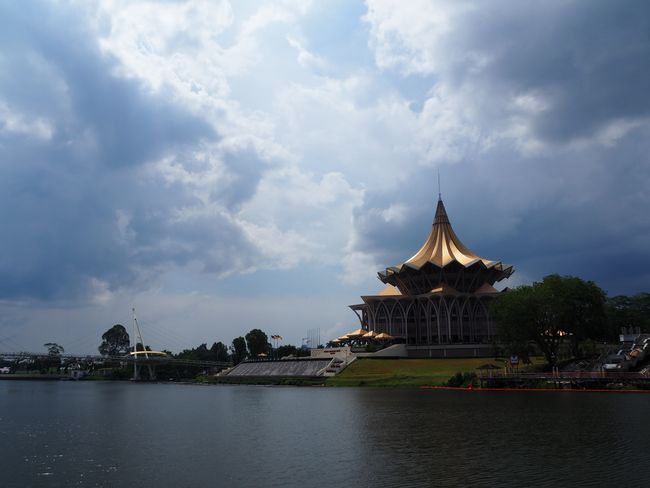
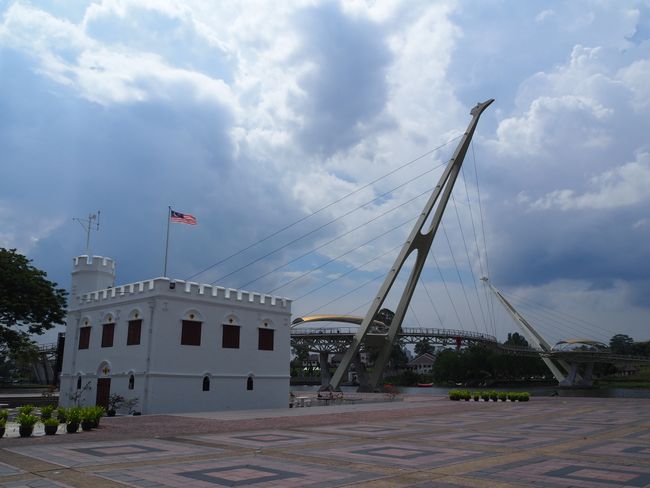
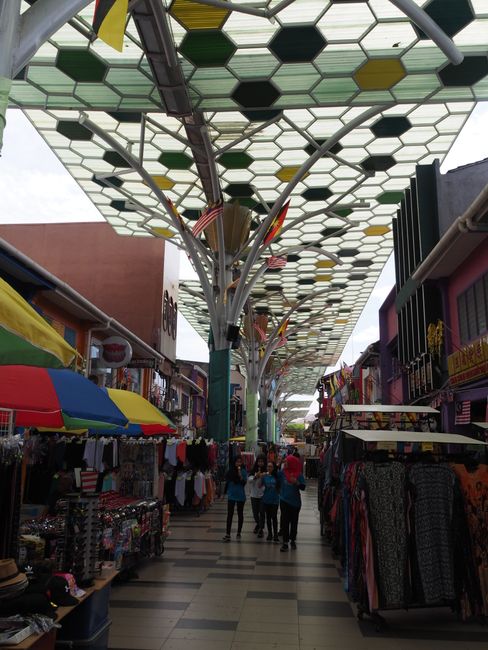
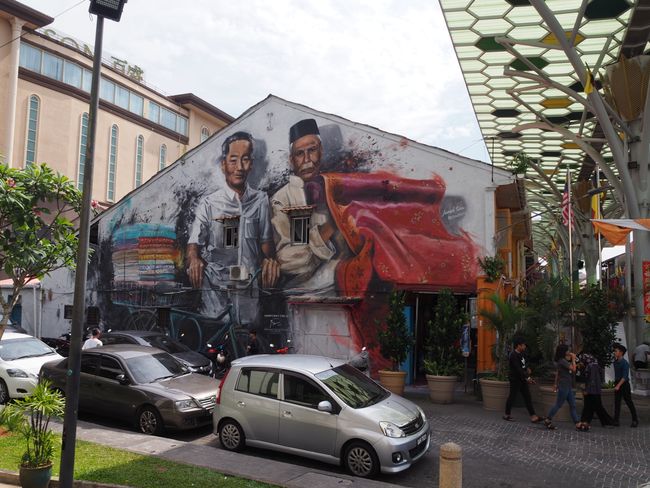
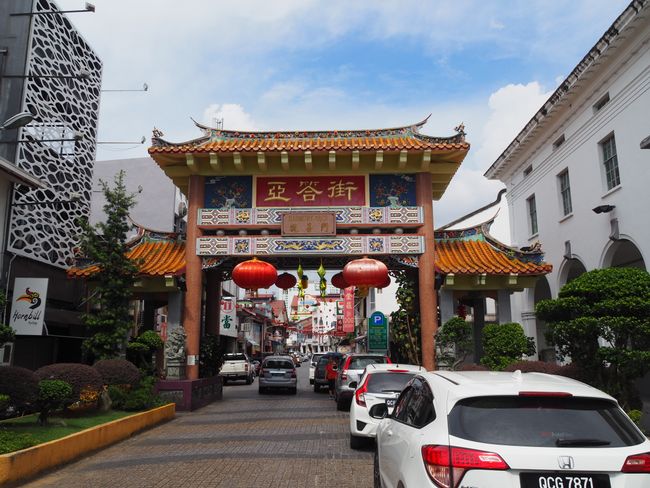
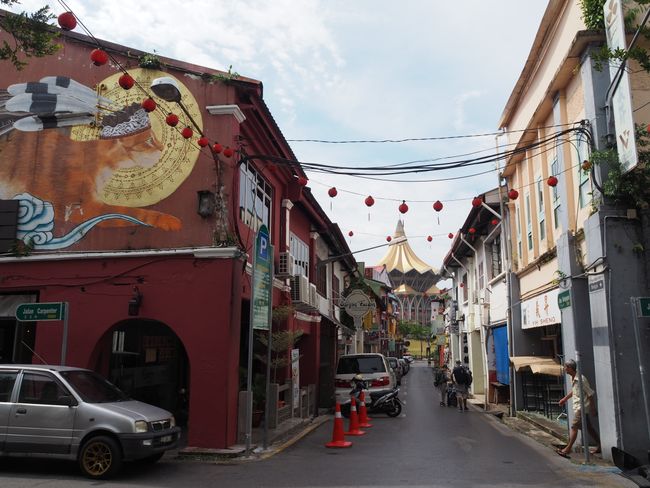
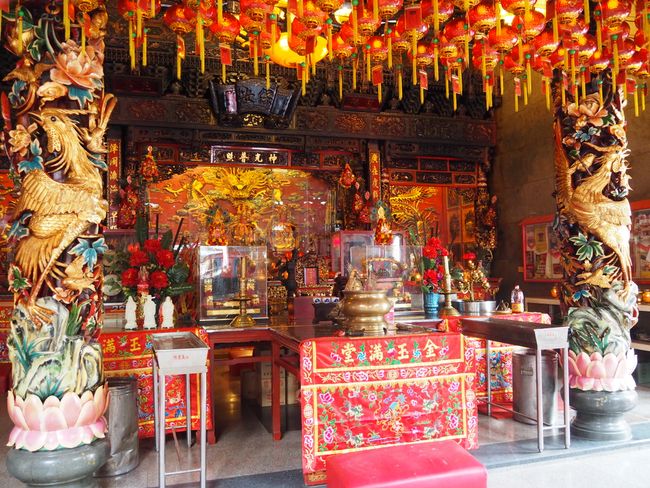
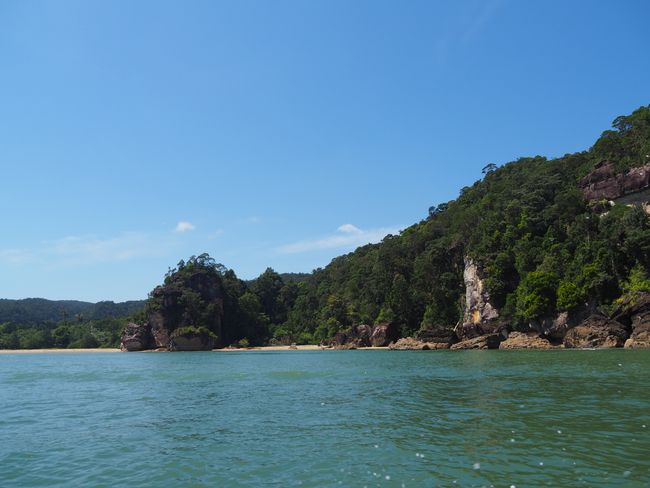
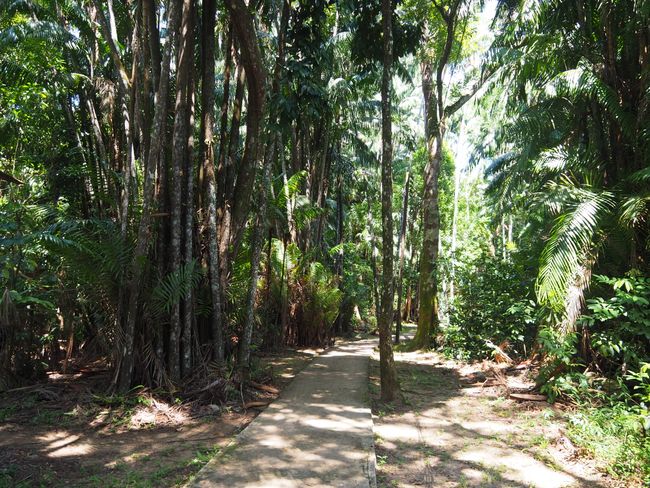
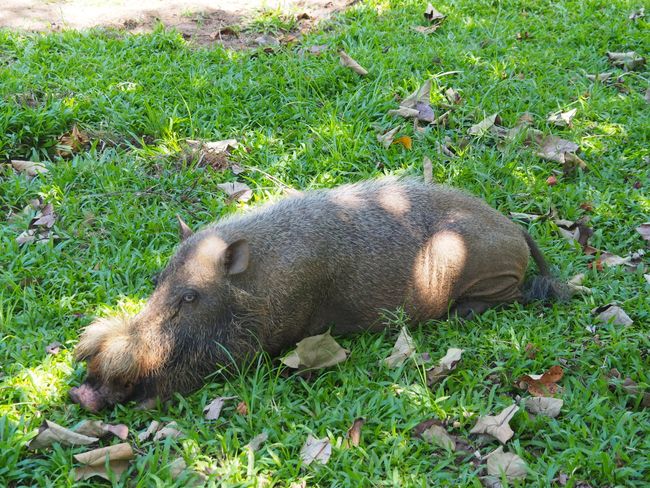
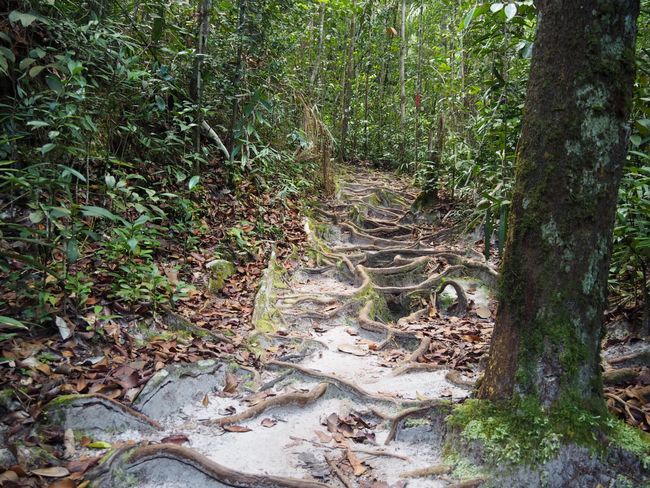
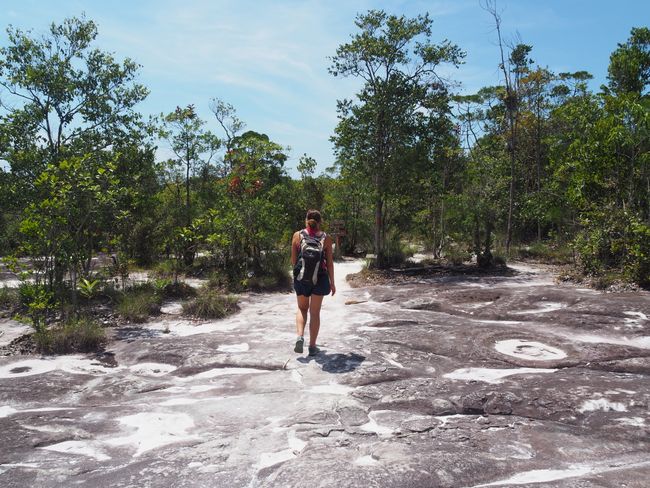
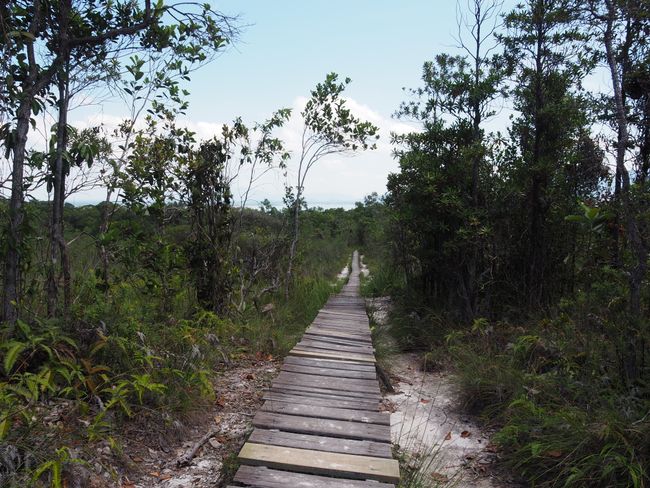
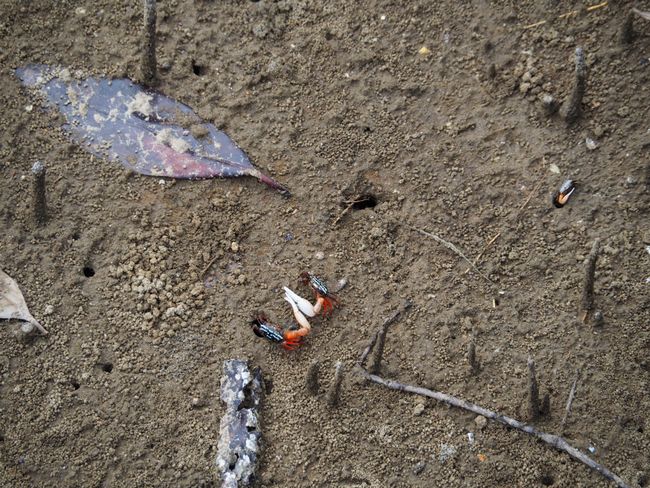
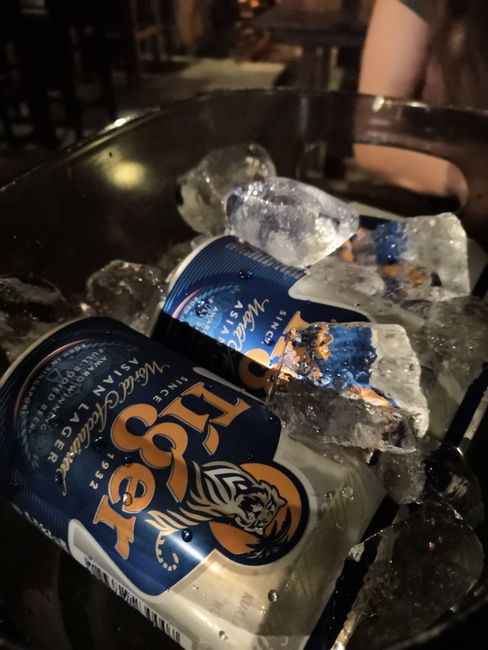
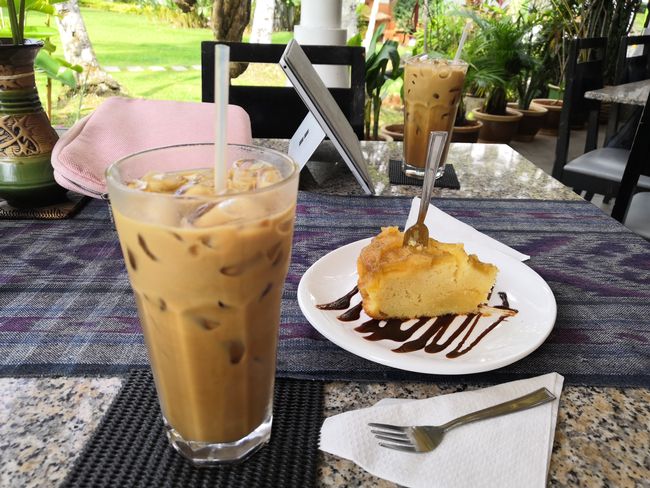
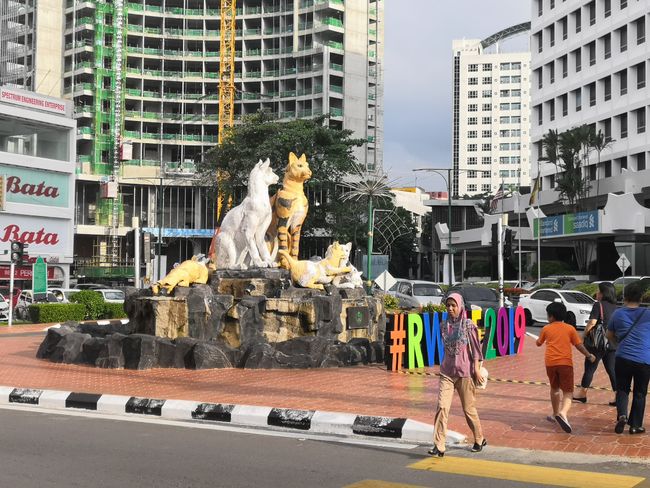
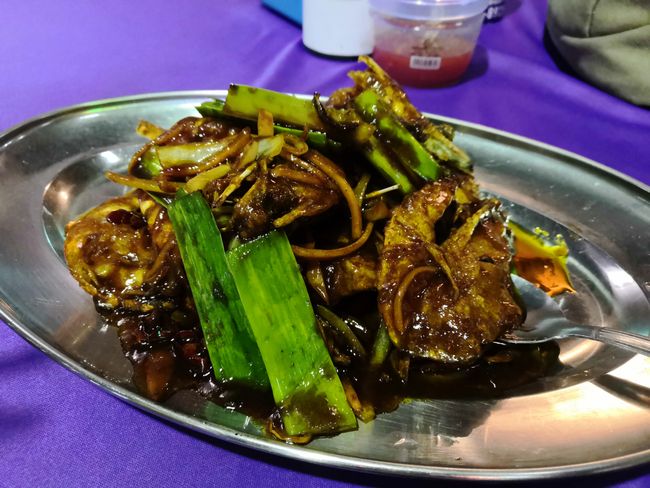
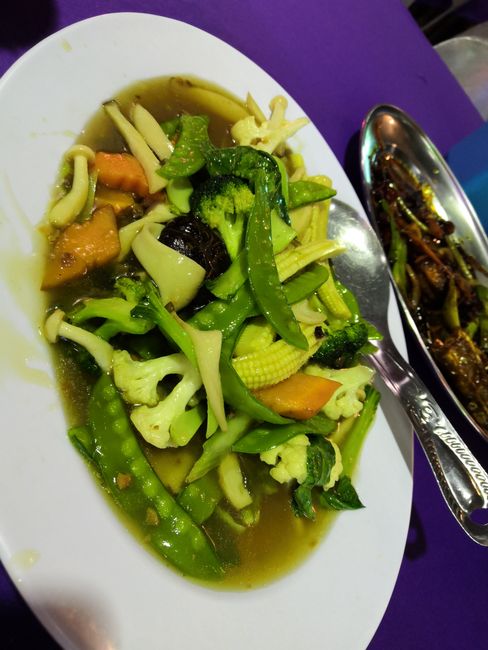
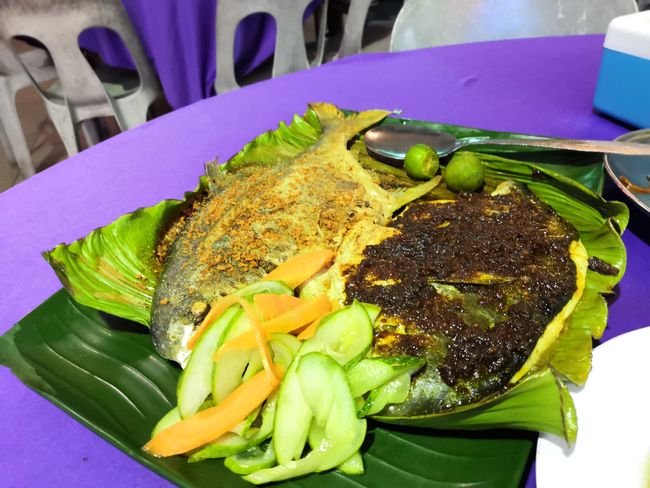
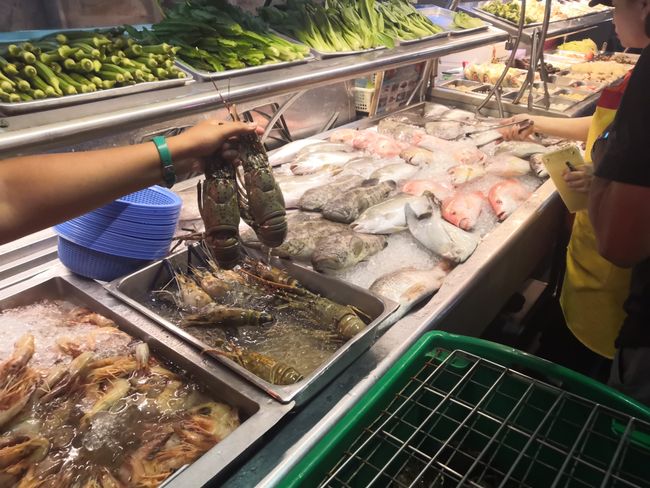
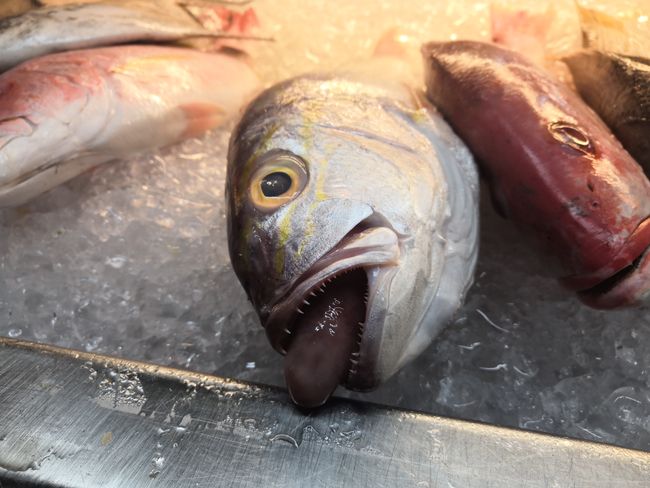
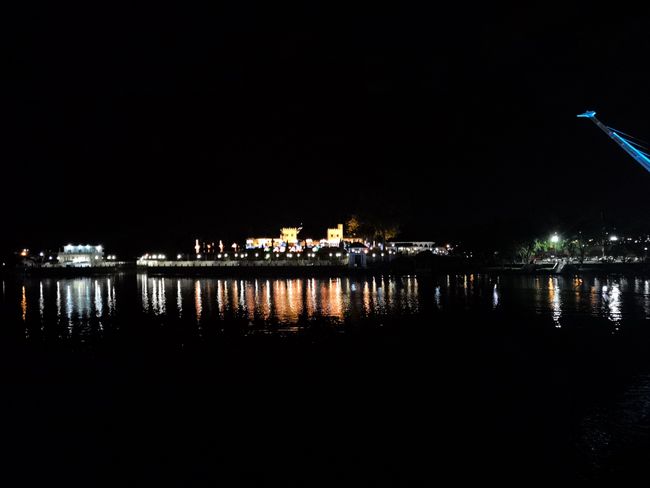
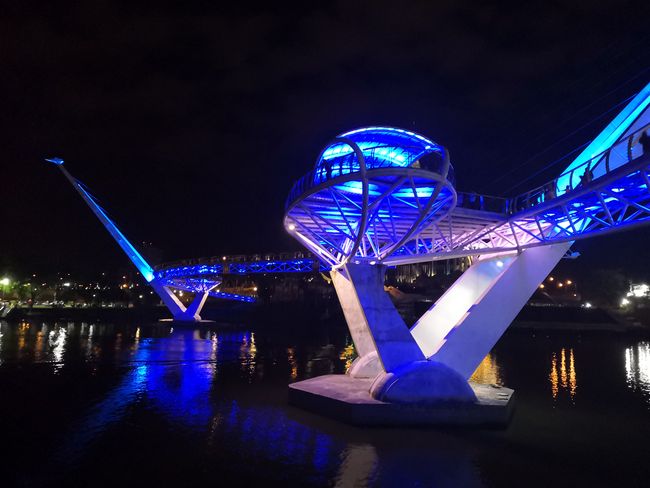
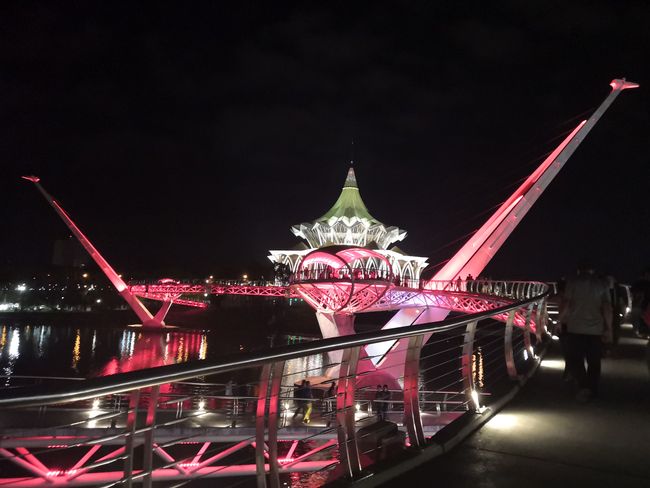
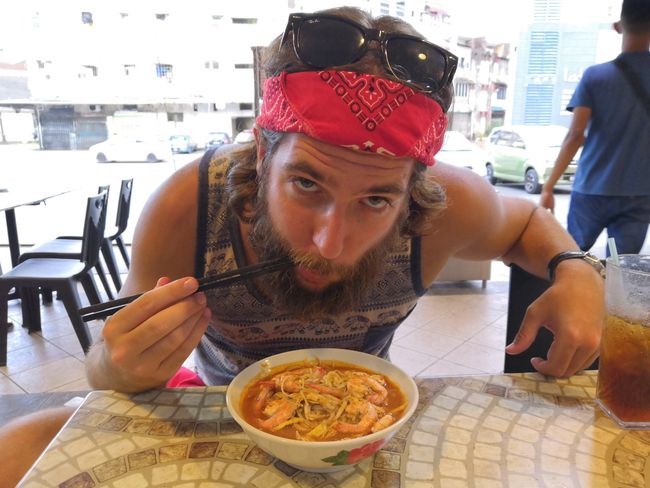
Wɔ Nudɔdɔ na Nyadzɔdzɔgbalẽ
Already on the taxi ride from the airport to the city, we noticed a huge difference between Kuching and the other cities in Borneo. The well-maintained streets and the many new buildings stood out, especially. Even the industrial district looked cleaner and more organized than the city centers of Sandakan and Semporna. At first glance, Kuching reminded us of Kuala Lumpur – multicultural and progressive.
The city of Kuching is the capital of the Malaysian state of Sarawak. The name of the city means cat in the Malay language (kucing). There are various legends about the name's origin – one states that the name was derived from Bukit Mata Kuching a hill in the city center. Several cat statues adorn the city's scape. On the banks of the Sarawak River, there is a nice promenade that is particularly popular with locals in the evening. People gather here to eat, drink tea, or admire the water show that takes place three times a day, each evening. The fountain is located right in front of the modern parliament building. A small film about the history of Sarawak is projected onto the mist. Music plays in the background. The display doesn't compare to the light show at the federal government building, but it is still very nice.
The differences between the states of Sabah (Sandakan and Semporna) and Sarawak (Kuching) are of historical nature. While Sabah belonged to British Crown Colony North Borneo from 1881 to 1946, Sarawak was ruled by the White Rajahs (members of the English-speaking Brooke family) from 1848 to 1946. Before that, Sarawak was under the rule of the Sultan of Brunei. When the English adventurer James Brooke helped the Sultan of Brunei in the mid-19th century in peacefully resolving an internal conflict, the Sultan appointed him as the Raja (Prince) of Sarawak in gratitude. The administration of the territory was under his care. Brooke succeeded in breaking free from the Sultan's sovereignty and ruling independently. The Brooke dynasty lasted until the Second World War. The family reformed the administration, combated piracy, promoted industry (oil and rubber production), and trade. Sarawak experienced a period of prosperity. Only in 1963 were the four former parts of the British Empire: the Federation of Malaya, the North Borneo Crown Colony, the Singapore Crown Colony (until 1965), and the Sarawak Colony merged into present-day Malaysia. This fact still becomes apparent when entering the country. The entry stamps of Malaysia, Sabah, and Sarawak adorn our passports. It's somewhat strange to enter the same country three times. No one has been able to explain why. Interestingly, residents of Sarawak do not have to go through immigration when traveling to Sabah or West Malaysia. But residents of other states have to 'enter' Sarawak. The reason remains unclear here as well.
Kuching is not only historically interesting, but also has a lot to offer. On the first day of our stay, we explored the city center with all its attractions. Many date back to the colonial era. Others testify to the Chinese presence. Chinese immigrants have been living and working in Sarawak since the 18th century. The tour led along the waterfront. Many of the historical buildings are located on one or the other side of the river near the center. We visited the Chinese-influenced market, the Chinese History Museum and most of the important buildings in Kuching. We liked the lively yet quiet city very much.
The next day we went to the Semenggoh Nature Reserve to observe the orangutans during feeding time. There are 31 orangutans living in the park, ranging in age from 5 to 42 years old. Since the limited habitat only provides enough food for everyone during the fruiting season, fruits are distributed twice a day. Once again, we wondered if humans are really superior to apes with their intelligence. The crowd present seriously raised doubts and severely tested our patience. Despite a good instruction by the keepers and clear instructions, the human beings simply could not close their mouths for thirty minutes and simply enjoy nature. The orangutans are not fond of the noise caused by people. They are also intelligent. They know that people are only present between 9:00 a.m. and 10:00 a.m., and afterwards, they can enjoy the fruits in peace. We would have loved to shake some of our fellow human beings dearly and seal their mouths with tape. We were lucky that some of the monkeys didn't care about the people. Even a 100 kg male showed up. The sight was overwhelming: huge cheeks, strong arms, and a magnificent coat. He leisurely stuffed some bananas into his mouth. At exactly 10:00 a.m., all visitors had to leave the park. Wild animals should not be disturbed for too long.
Our grave driver, who spoke excellent English, drove us to the Annah Rais Longhouse, a former traditional home of the Bidayuh tribe. At the entrance, we were offered a glass of homemade rice wine. To our surprise, the sweetish drink tasted good. Our driver told us that many of the young residents have migrated to the city. Only the older generation has remained. Some families offer a bed and breakfast, while others sell their wine. In the middle of the settlement is an empty house called 'Showhouse', which can be explored by tourists. The dwelling consists of two floors. An kind of chicken ladder (very narrow staircase) leads to the upper floor. The furnishings are not special – it reminds us of Switzerland a hundred years ago. More interesting than the house, we found the traditional cooking. The marinated fishes are cooked in a bamboo tube over the fire – it surely tastes delicious.
We take a taxi back to the city. We were on the road for a total of seven hours. We heartily give our young, friendly taxi driver the 25 francs he deserves. Transportation costs in Malaysia are incredibly low!
We spent our last day in the Bako National Park. The journey by minibus took about 45 minutes and cost just under one franc per person. We paid the park fee and bought a ticket for the boat ride to the national park. After a very average lunch – probably the worst meal in Malaysia so far – we went on a little hike. The ascent was steep and strenuous, but the jungle was even more beautiful. Since the last boat was already leaving at 3:00 p.m., we only had time for a short walk. We returned to the city by boat and bus.
After our short detour in Kuching, we will continue by plane to Kota Kinabalu (Sabah) tomorrow. There we will spend our last days in Borneo before continuing to South Korea.
Wɔ Nudɔdɔ na Nyadzɔdzɔgbalẽ
Ŋuɖoɖo
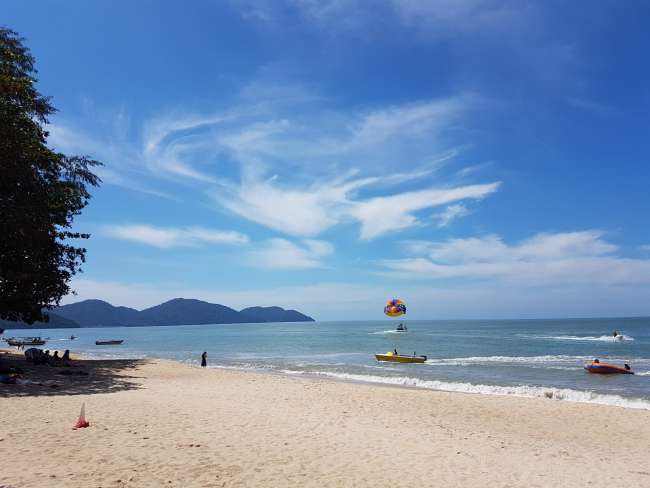
Mɔzɔzɔ ŋuti nyatakakawo Malaysia
